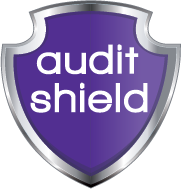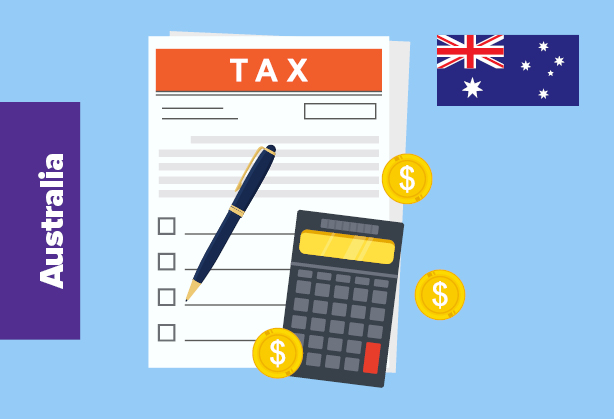
What You Need to Know About FamilyBoost Changes
These amendments have now become law following Royal Assent, which means the new rules are effective from 1 October 2025.
There are three primary adjustments that individuals and families should understand:
- Eligible families can now claim up to 40 percent of their early childhood education (ECE) costs, an increase on the previous rate. The new maximum credit per quarter is NZ$1,560.
- To qualify, a family’s household income must be below NZ$57,286 per quarter. This sets the upper limit for eligibility under the new rules.
- For households whose income exceeds the lower threshold, the portion of the credit is reduced (or “abated”) at a rate of 7 percent for income above NZ$35,000 per quarter. This slower rate of phase-out allows higher earners to retain more of the benefit.
These changes are intended to ease the financial burden of early childhood education across a broader swath of New Zealand families. The updated rules aim to make the scheme more generous and accessible.
For individuals and families who pay for ECE, these updates can translate into meaningful extra support. If you already qualify under the old scheme, you may now be eligible for a larger credit. If your household income previously edged you out, the adjusted thresholds and slower abatement may now bring you back into the remit.
Some key practical considerations:
- Compare your household income over each quarter to the NZ$57,286 cap and the abatement trigger at NZ$35,000, to see your likely entitlement.
- Because the scheme is assessed quarterly, fluctuations in income (e.g. bonus payments, irregular wages) may affect your qualification or how much credit you receive.
- Retain invoices or documentation for early childhood education expenses so you can substantiate your claims under the 40 percent rule.
- Families just outside the previous thresholds may want to assess whether any adjustments to income timing could influence eligibility.
- The Inland Revenue Department is expected to update its calculators and online resources to reflect the new law, helping taxpayers estimate their entitlement under the revised rules.
These changes represent a notable policy shift for family support in New Zealand. They offer enhanced relief to many households paying for early childhood education and bring more families within range of assistance. For taxpayers, it’s now more important than ever to review whether you qualify, lodge in time, and accurately document your ECE spending.



